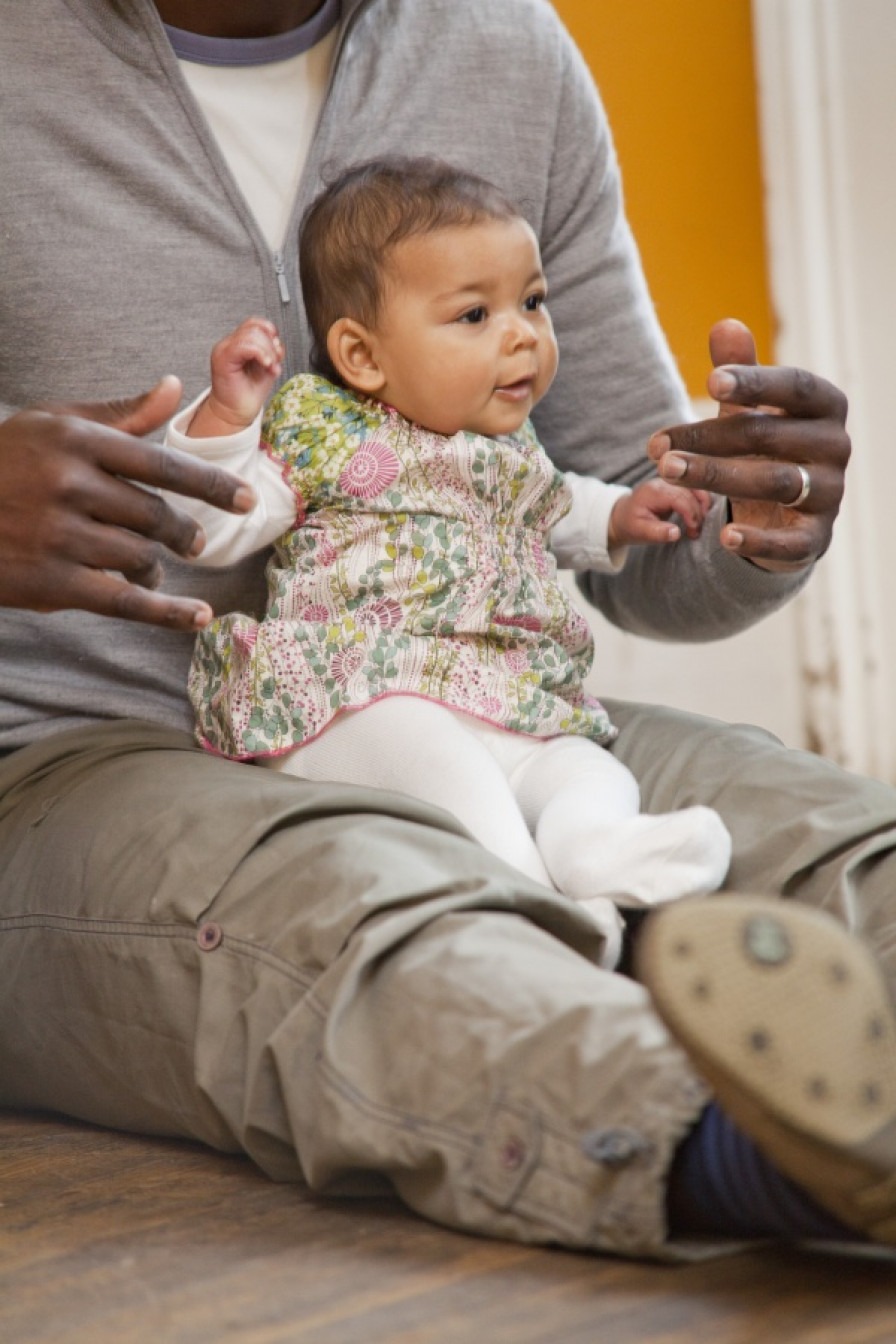Engaging families and the wider community

This blog is part of a resource called Overcoming the Challenges of Delivering Music-Making Projects (part one). Part one explores recruiting and engaging children and young people. The information comes from evaluation reports provided from projects funded by Youth Music for the charity's 2011-2012 Impact Report.
Providing ‘open’ sessions
Some organisations found it a real challenge to engage parents and garner their support. However, many found that by inviting them to attend open sessions and see the effects music making has on children and young people, they were able to gradually draw parents in and encourage them to become more actively involved. This involvement often has a ripple effect, drawing in other members of the community and encouraging attendance at other community events. This excerpt from a report is a typical example:
"Parental support is an issue in our community. In the beginning many parents simply dropped off their children at our events and went away until it was time to pick them up. We tackled this by running the workshops as open events where parents are welcome to come in to see what is going on and communicating regularly via a newsletter. Increasingly, parents are staying to support their children at events and also boosting numbers at the community events we attend. Parents even help out with transport arrangements, car sharing to get young people to events. One parent has also brought in cakes to our workshops, whilst adults in the community have offered us equipment either free or at competitive prices."
Building relationships with and between families
Many organisations have found music making to be a very effective way of engaging families in their wider work, overcoming any perceived barriers that might have previously existed. One project found that music making activities strengthened partnerships between library staff, children’s centre staff, musicians and families, which helped to make the library more accessible for children, young people and their families:
"Library staff felt that the sessions had increased the perceived accessibility of the library... 'I feel the parents became more friendly and comfortable with the staff members'...and had forged new relationships within the community between participants: 'The families started to get to know each other well and definitely formed friendships during the sessions'.
"Library staff indicated that they felt that [the project] had helped to strengthen partnerships in their work. This was particularly the case with the families who had participated, some of whom were now attending the library and library activities more frequently: 'Particularly with the families involved, many of which have stayed with us throughout and have become regular library users as a result and have since brought other siblings into the library. We already have a lady volunteering to help with any activities we plan and many families signed up for summer reading challenge activities for their older siblings as a result'.
"In some cases, this involvement has extended, with parents now being involved as volunteers to help run future sessions in collaboration with library staff. Additionally, Sure Start librarians will now be taking [the project] work into Children’s Centres, and will be using their experience to provide training in that context."
One project found that they needed to work closely with a particular child’s parents to overcome their fears and reassure them that he would be in a safe and supportive environment. This approach meant that he was able to develop his musical skills and resilience to new situations.
"Chris, an 11-year-old boy on the autistic spectrum, is very well supported by parents and grandparents. Chris has lived all his life on [the estate] where his parents were housed when their previous accommodation was declared unfit for a baby and they were in danger of his being taken into care at birth. They are uncomfortable on the estate where they feel there are few people of like mind.
"Although we knew him from his time in a primary unit for autism, he did not come to the first workshops, largely because of his mother's fears about the other children attending. A home visit and some persuasion convinced his mother and thereafter Chris attended almost every workshop, initially with his mother sitting in until she was comfortable that all was well.
"Significantly, Chris was the only participant who saw the project through to the end by performing in the Family Concert at [the local] Arts Centre. His grandparents brought him to both rehearsals and the whole family came. His parents had been surprised at the way Chris had forsaken his more 'accessible' instruments (keyboards etc.) for the violin and were very moved to see their son behaving with such poise in an exposed situation where they would have expected him to be vulnerable. The audience were delighted with his contribution."
They have maintained close connections with the family and are now working with the Extended Schools Co-ordinator to build connections with the school and [the partner organisation] are exploring further opportunities for Colin, letting him keep a violin on permanent loan.
Share your experiences
Have you overcome challenges with recruiting and engaging young people in your music project? Let us know your stories in the comments below.
